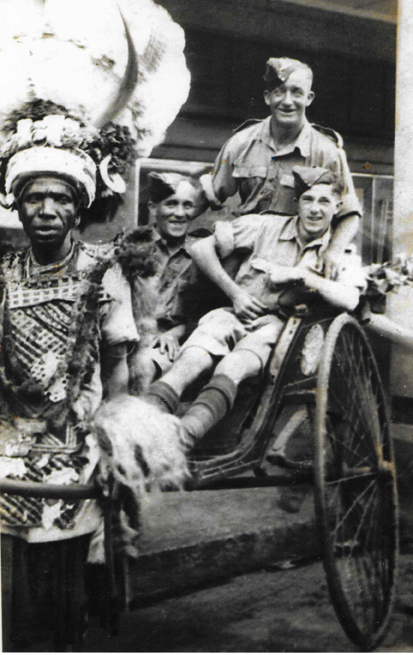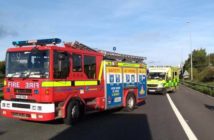THE daughter of a Warrington soldier who survived the horrors of a Japanese prison camp in World War 2 is seeking help to establish a commemorative day for VJ Day, August 15, 1945.
Margaret Farmer, of Fearnhead, knew little of what happened to her father, Gunner Thomas Ford, while he was a Far East Prisoner of War (FEPOW).
He never spoke about his time in captivity – he and fellow FEPOWs were ordered, on their release, not to.
But he was a member of the local Warrington FEPOW group – many of who will no longer be alive.
Mrs Farmer wants to raise awareness of a campaign to establish a commemorative day, however, and believes family members of many of them may still live in the Warrington area and be interested in helping the campaign.
She said: “We need help in raising awareness of a petition aimed at establishing a commemorative day for VJ Day in recognition of the suffering and sacrifice of Far East Prisoners of War.
The petition can be found at: https://petition.parliament.uk/petitions/236760.
The charity COFEPOW (Children of Far East Prisoners of War), is fully supportive of the petition.
More than 50,000 UK servicemen were held as Japanese prisoners of war in South East Asia between 1941-1945. They endured three and a half years at the mercy of a brutal enemy who did not recognise the rules of the Geneva convention and inflicted unimaginable suffering.
Mrs Farmer said: “The men were beaten, starved, tortured, worked to death (literally ,in many cases) and denied medical provisions which could have prevented countless deaths from an array of tropical diseases.
“Of those taken prisoner, 25 per cent were either killed or died during captivity.
“When those who survived were finally repatriated, they felt largely unappreciated by a society which had celebrated the end of the war in Europe months earlier and seemed largely oblivious to the fact that half a world away their war – and their suffering – had continued unabated. They also felt completely overlooked by the authorities, who in addition to ordering them not to talk about the horrors they had witnessed, gave them little help as they struggled to deal with the physical and psychological legacy of their years of captivity.
the vast majority of these men returned home suffering not only from a range of physical ailments requiring years of medical treatment, but also with profound psychological scars which lasted the rest of their lives.
“For those who did survive, the experience would never leave them and many died long before their time. Against all the odds, a few remain alive still, but soon this dark episode of history will be beyond living memory. These men were unable to forget what they had been through. Neither should we forget.”
Soldier who survived the horrors of Japanese prison-of-war camp
00 Comments
Share.





